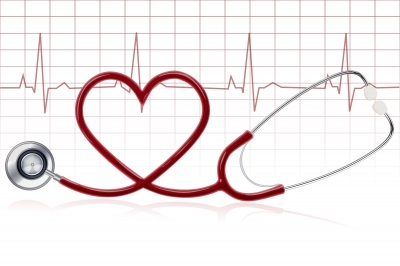According to Health Central, “Unlike Alzheimer’s disease which is still poorly understood, it’s well accepted that vascular dementia is caused by strokes, often a series of small, ‘silent’ strokes. While early stage Alzheimer’s is characterized mostly by memory loss, vascular dementia more generally affects executive function, multi-tasking, problem-solving and reasoning. It’s important to understand that more than one type of dementia can be present, which can further complicate a diagnosis.”
Resource: http://www.healthcentral.com/alzheimers/h/mini-stroke-and-alzheimers-disease.html
For more information on strokes and how to help prevent their occurrence, see below:
A stroke is a health condition that can seem unpredictable and something that many believe only happens to older individuals that are in poor health and also have heart disease. However, in reality, a stroke can happen to many different kinds of people and have a range of effects on their health, life and mental abilities. A stroke, or cerebrovascular accident (CVA), is what happens when blood can’t reach the brain. It may be caused by a blood clot or other blockage in an artery that keeps blood from reaching the brain causing a stroke or a blood vessel that bursts, causing a hemorrhagic stroke. About 700,000 Americans have a stroke each year, and 150,000 of them will die as a result. Although strokes are the third most frequent cause of death in the U.S., the good news is that nearly 80% of strokes can be prevented by making lifestyle choices that promote good health. The first steps you can take are to know the warning signs of a stroke so that you can be prepared if you or a loved one experiences them:
- Visual Problems such as sudden changes in vision or sudden double vision
- Trouble walking, dizziness, and/or loss of balance or coordination
- Numbness of the face, weak arms or legs, and/or weakness on one side of the body
- Disorientation, problems with speech, and/or trouble understanding others
- Painful headache that may come on suddenly and has no known cause
Fortunately, some stroke factors can be controlled; however, others can’t. Here are some key factors that you should be aware of:
- Age: Once you turn 55, your risk of stroke practically doubles every decade.
- Other Health Conditions: Having high blood pressure, high cholesterol, diabetes, heart disease, atrial fibrillation, and sickle cell anemia are all factors that increase your risk for stroke.
- Family and personal history: If you have close family member who has had a stroke, or if you have had a stroke or heart attack, your stroke risk is increased.
- Your lifestyle: Eating a high-fat and/or high-sodium diet, being obese, and not getting enough exercise can all increase your risk of stroke.
Resource: http://www.everydayhealth.com/senior-health/stroke/understanding/index.aspx




